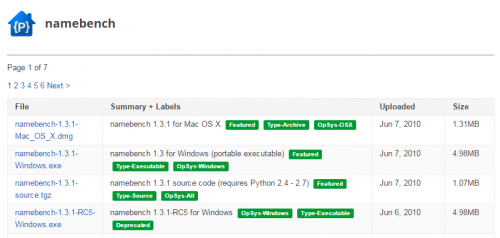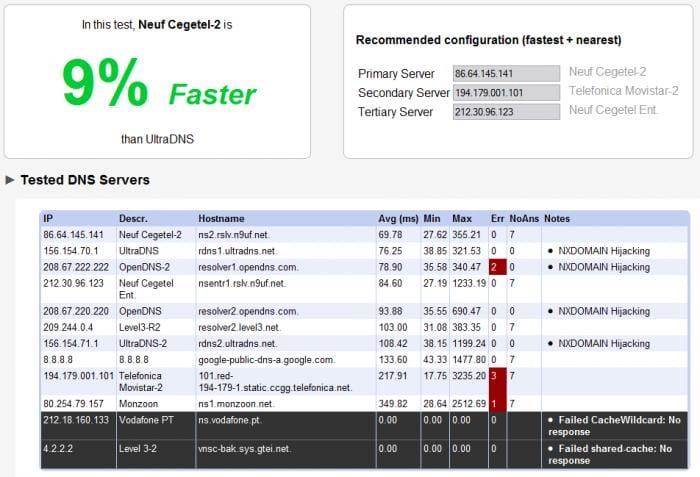

: Atheros AR5007EG Wireless Network Adapter : Įthernet adapter Wireless Network Connection:Ĭonnection-specific DNS Suffix. Set wins name="Local Area Connection" source=dhcp Set dns name="Local Area Connection" source=dhcp register=PRIMARY Set address name="Local Area Connection" source=dhcp # Interface IP Configuration for "Local Area Connection" Set wins name="Wireless Network Connection" source=dhcp Set dns name="Wireless Network Connection" source=dhcp register=PRIMARY Set address name="Wireless Network Connection" source=dhcp


# Interface IP Configuration for "Wireless Network Connection" Realtek RTL8102E Family PCI-E Fast Ethernet NIC = Local Area Connection (Media disconnected)

= IP Configuration: =Ītheros AR5007EG Wireless Network Adapter = Wireless Network Connection (Connected) "Reset FF Proxy Settings": Firefox Proxy settings were reset. "Reset IE Proxy Settings": IE Proxy Settings were reset. Successfully flushed the DNS Resolver Cache. Microsoft Windows XP Home Edition Service Pack 3 (X86) Running from "C:\Documents and Settings\user1\My Documents\Downloads" MiniToolBox by Farbar Version: 13-07-2013 To look at the screen, it really seems like something is "telling" the computer to slow the connection. I have read somewhere about packet settings or such, but I don't know much about this.
#Namebench windows xp install#
I feel like it could be a virus, or some network settings got altered or some software update install messed up my pc. So, it seems that *something* got messed up in the bad laptop that is deliberately limiting the wifi connection to 1mbps, but not the wired connection. the "bad" laptop still connects over wifi at 1mbps, but trying it on wired ethernet got me 6+, which is within normal range. another laptop than the affected one (almost identical model) also connects at 7+ mbpsĤ. My desktop on a hard wire ethernet cable (slow pc) connects at about 5mbpsģ. His own iphone was connecting to my wifi at 7+ mbps consistently.Ģ. They sent a tech to my house and he found this:ġ. I called AT&T support, and they tried to troubleshoot but were not much help. I played around with some settings, but didn't fix it. I did an internet speed test and was getting anywhere from 0.9 to 1.1mbps down and about 0.8 to 0.9 upload.
#Namebench windows xp download#
It's been normal for the first 2 weeks, but today I noticed a slow download when Adobe Flash player was upgrading. I had 3mbps download and now I'm supposed to have 6mbps down and 1mbps up. I just upgraded from DSL to Uverse on AT&T. What should you do now? Download the utility and see what your fastest option is… then come back here and tell us about it.As other users have noted, I'm not really sure which category this fits best. This doesn’t do anything for download or upload speeds though, that is all on your ISP to take care of. So what does switching to Google DNS mean for you? It means that you will potentially spend less time waiting for your browser to find websites. In the results, are other top DNS contenders too, should you decide that you want to rely on more than one service for DNS. The results from the Namebench benchmark test show that Google DNS responds in about 40ms whereas my ISP’s DNS takes more than double that time.
#Namebench windows xp free#
In my case, not only did it tell me that my ISP’s DNS was slower than some of the free options out there, it also told me that Google DNS was the fastest option for me. Not only will it tell you how your ISP’s DNS is performing, but it will also tell you what your fastest option is. To test how your ISP’s DNS performs, you can download a utility called Namebench. Just in case you didn’t know what DNS is, it turns human readable domain names like into IP addresses that networks recognize like 172.10.29.9. This great distance, along with server and network latency means that a user may be waiting longer than he or she needs to for the browser to retrieve the information it needs to show the website. Previously, depending on which service you were using, if you were in Portland, Maine you could theoretically be reaching out to a server in Portland, Oregon for DNS information. This helps latency issues that your ISP is typically unable to address by gathering and using data stored on DNS servers based on the requestor’s location. With the latest iteration of their service, along with OpenDNS and a few other DNS Service providers, they have started to use CDN’s (Content Delivery Network) to increase performance. Recently, Google introduced their own DNS service for internet customers.


 0 kommentar(er)
0 kommentar(er)
